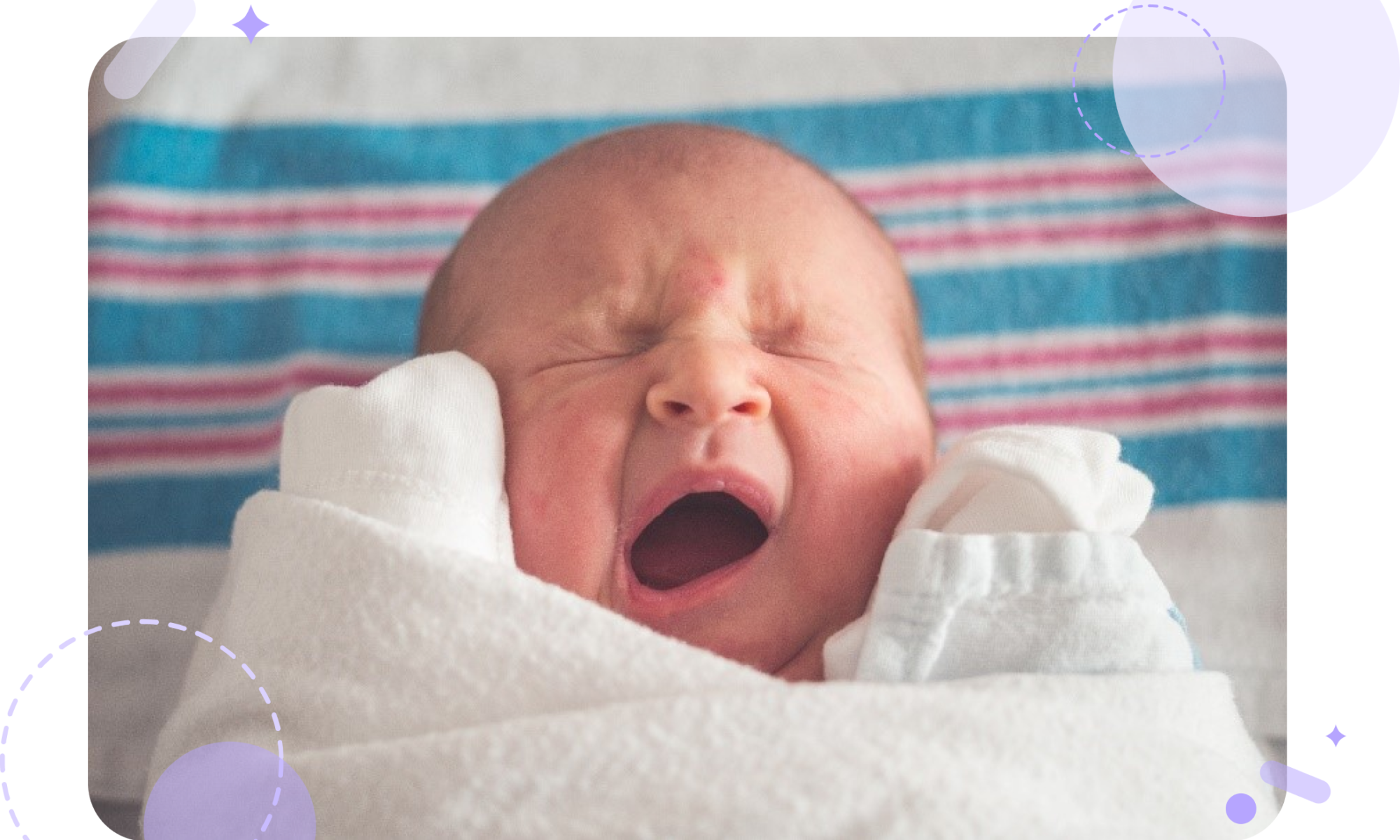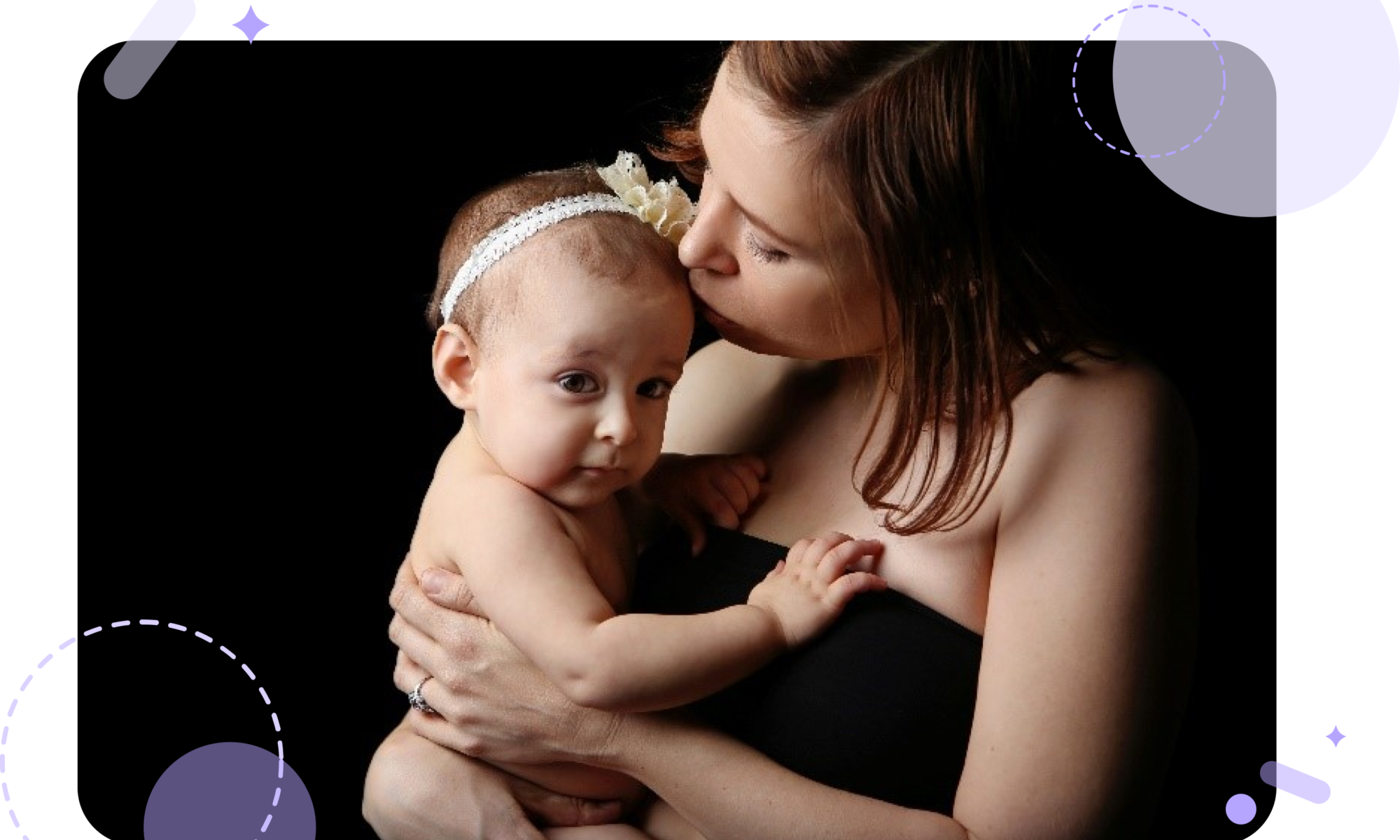
It’s never fun to deal with your crying infant. These moments can be exhausting for parents, especially when you don’t know the cause of your child’s wails and are unsure what to do about it. Here at Marble, we’ve been there with crying babies. One of our writers recalled when her nephew was born and how he seemed to fuss and cry for no apparent reason. No matter what his mom did to calm him down, nothing worked. Only when she handed her baby over to his grandmother would he finally stop crying and seemed to relax.
Sometimes, that is what your baby needs – to have someone else hold him. Other times, your baby is going to need a little more than a cuddle with their grandmother. The more informed you are about handling crying infants, the more prepared you’ll be to respond accordingly.
Crying is your baby’s way of communicating with you. It indicates that something is not right with your child and needs immediate attention. Pay close attention to your baby’s changing moods, as this could help you identify the problem. Keep reading to find the most common causes as well as some pointers for you to take when you find yourself in that situation.
Hunger
The most common reason why babies cry is to let you know they are hungry. This is especially true of newborn infants and is something you’ll notice quickly when your baby wakes you up in the middle of the night with their wails because they need feeding.
Solution: Try not to wait until your baby starts crying before you feed them as that will make your baby fussier. Feed your baby 8 to 12 times a day or as recommended by your doctor. Ensure you burp your baby as well after you feed them to avoid them becoming too gassy.
Tired
Your baby could start getting fussy when they are sleepy. If you are trying to put your baby to bed and they start crying, it could be because they are uncomfortable in their position and need to be adjusted.
Solution: You can get comfortable in your rocking chair with your baby in your arms and try putting your baby to sleep by rocking them. You can give your baby a pacifier to suck on while putting them to sleep. Singing to your baby may also do the trick and lull them to sleep. If your baby continues to fuss around, try walking around your home with your baby in your arms until they fall asleep.
Discomfort
Another reason babies cry is to let you know they are physically uncomfortable. Your baby might have just wet or soiled their diaper (in case you haven’t heard, babies do that a lot!) and are feeling uncomfortable in their dirty diaper.
Solution: The general rule is to change your baby’s diaper as soon as you notice that it’s full. Try checking their diaper every 2 to 3 hours to see if it needs changing. While it can be consuming to constantly be checking your baby’s diaper, it is never okay to leave a dirty diaper on your baby as that could cause rashes and even more discomfort.
Illness
If your baby’s cry seems to be more of a shrill than a wail, that could indicate they are in physical pain as a result of illness. They could be battling an infection, developing a rash, or are experiencing a physical ache in their body.
Solution: If you suspect that your child is crying because they are ill, ensure that you consult with your doctor immediately to get professional care for your baby.
Each baby is unique – some babies will cry more than others. While these situations can be stressful, ensure that you stay calm (we know – that’s easier said than done!) as this will help you take control of the situation. Never doubt yourself as a parent, as it is normal to become overwhelmed. Take a break if you need one. Have your partner or caregiver look after your baby while you take some time alone to calm down. New parents often rely on their mother or father for emotional support, so if you have someone like that in your life, take advantage of their support to make yourself feel less alone.
 Back
Back
